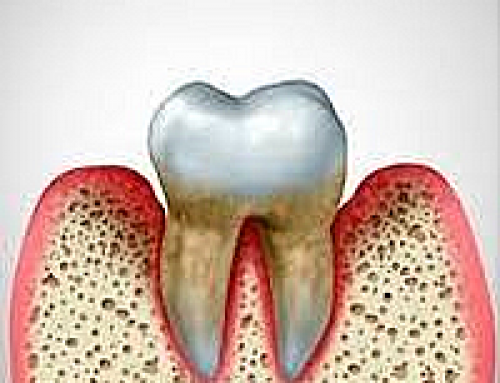De Sanctis, V., Belgioia, L., Cante, D., La Porta, M. R., Caspiani, O., Guarnaccia, R., et al.
Abstract
BACKGROUND – Oropharyngeal mucositis occurs in virtually all patients with head and neck cancer receiving radiochemotherapy. The manipulation of the oral cavity microbiota represents an intriguing and challenging target.
PATIENTS AND METHODS – A total of 75 patients were enrolled to receive Lactobacillus brevis CD2 lozenges or oral care regimen with sodium bicarbonate mouthwashes. The primary endpoint was the incidence of grade 3 or 4 oropharyngeal mucositis during radiotherapy treatment.
RESULTS – There was no statistical difference in the incidence of grade 3-4 oropharyngeal mucositis between the intervention and control groups (40.6% vs. 41.6% respectively, p=0.974). The incidence of pain, dysphagia, body weight loss and quality of life were not different between the experimental and standard arm.
CONCLUSION – Our study was not able to demonstrate the efficacy of L. brevis CD2 lozenges in preventing radiation-induced mucositis in patients with head and neck cancer. Although modulating homeostasis of the salivary microbiota in the oral cavity seems attractive, it clearly needs further study.







Leave A Comment
You must be logged in to post a comment.